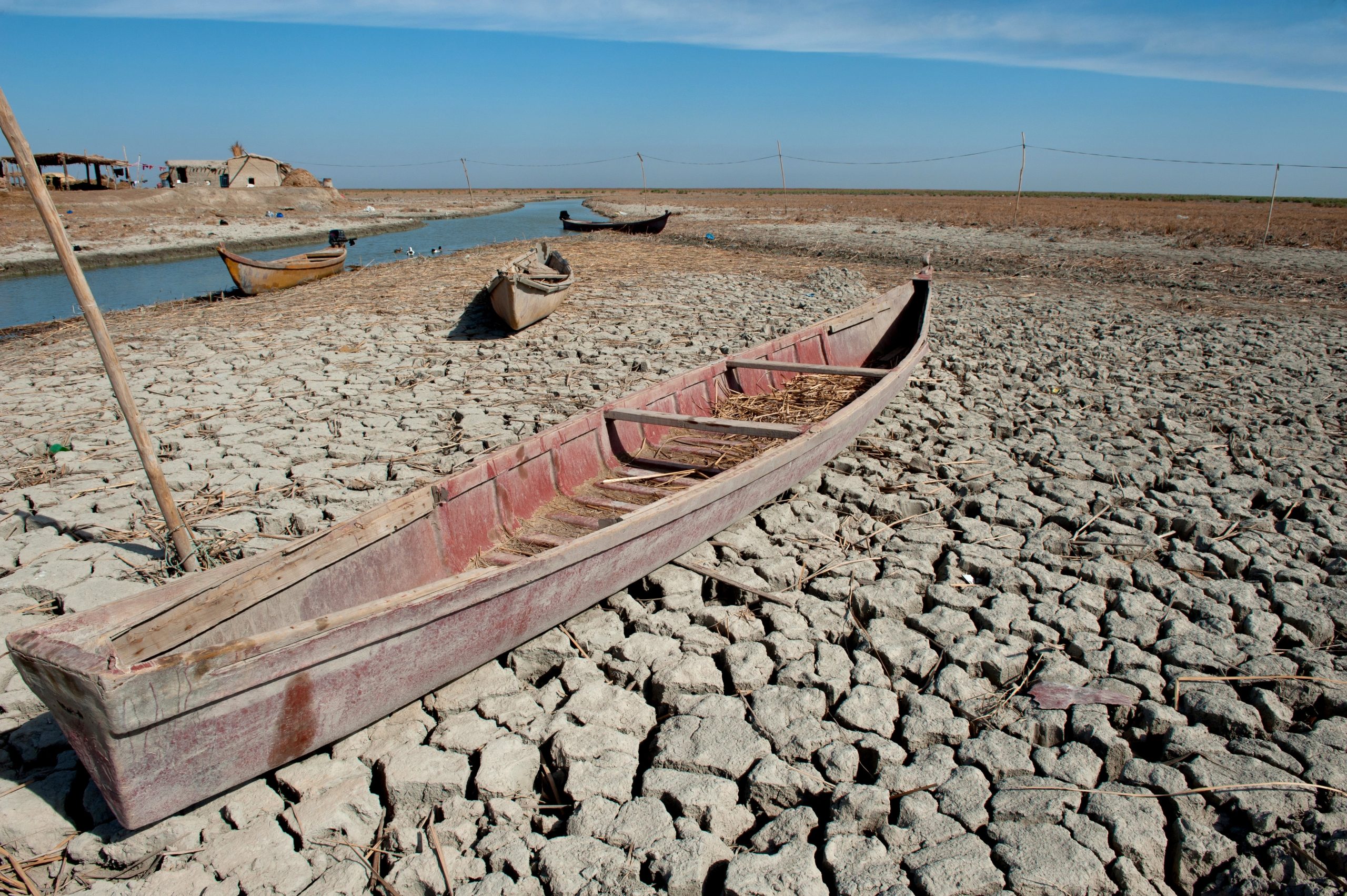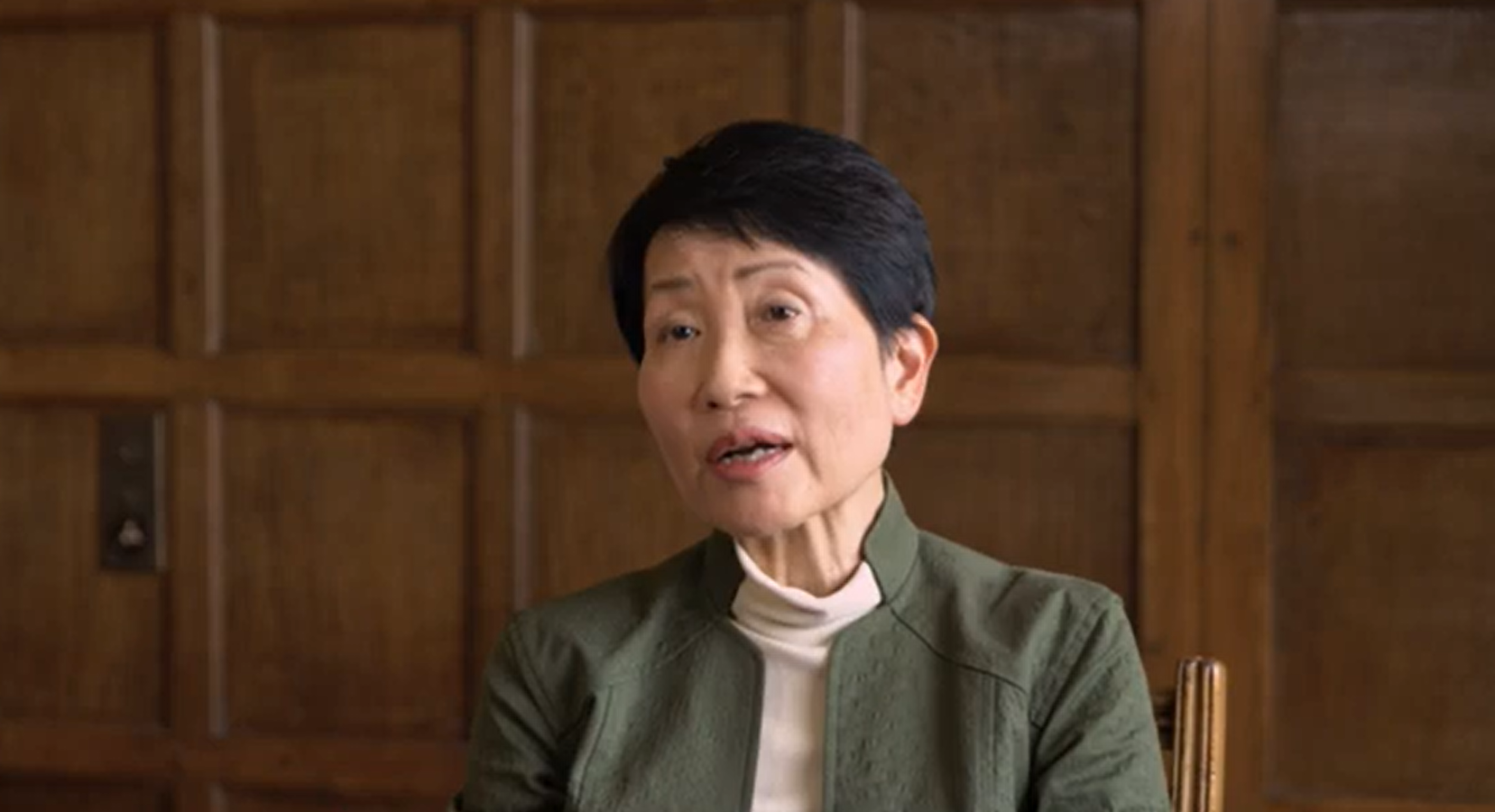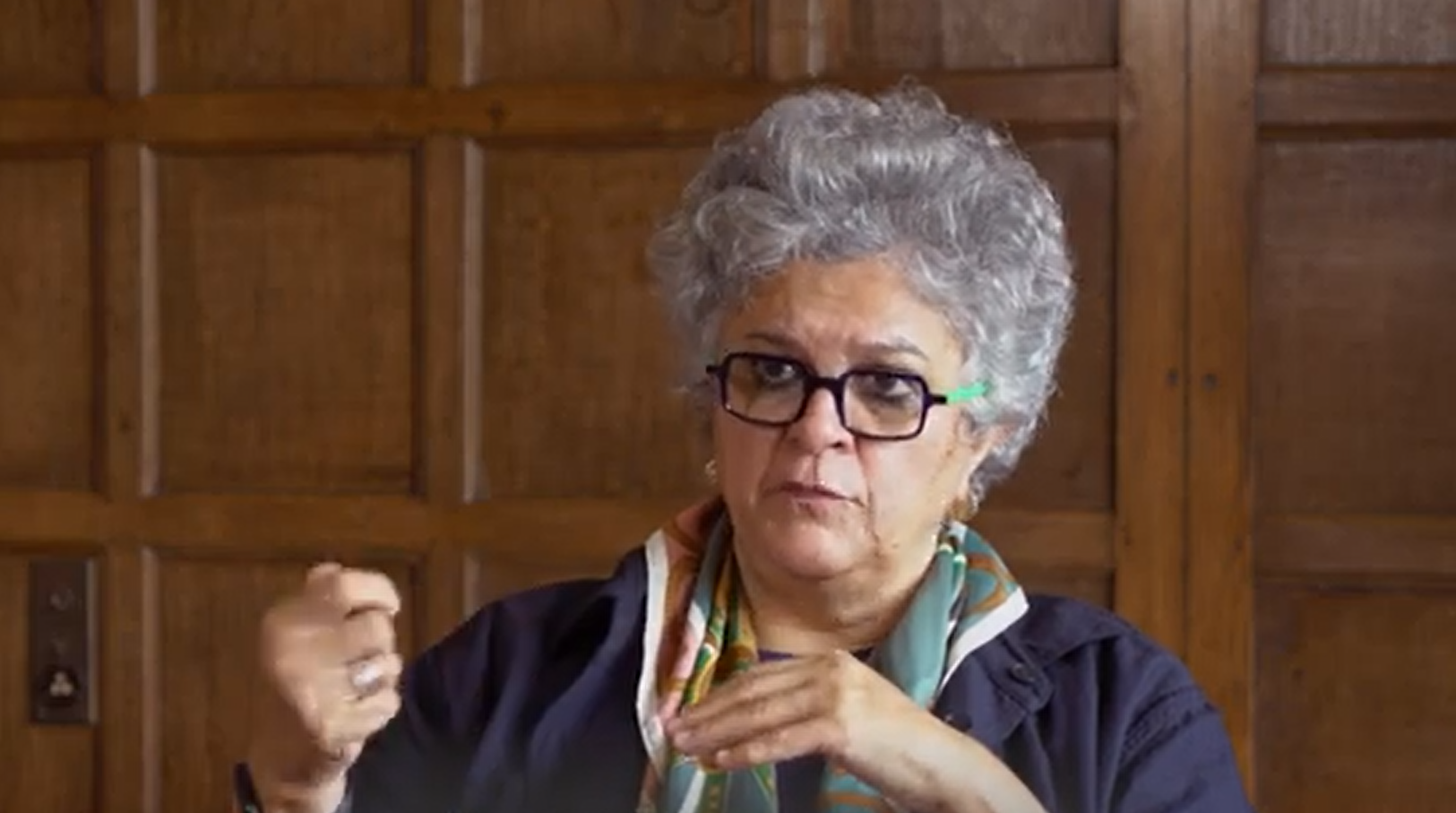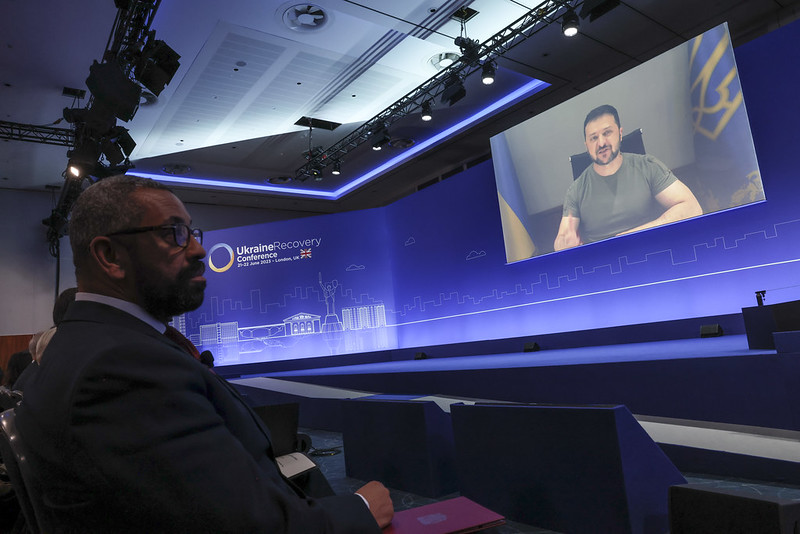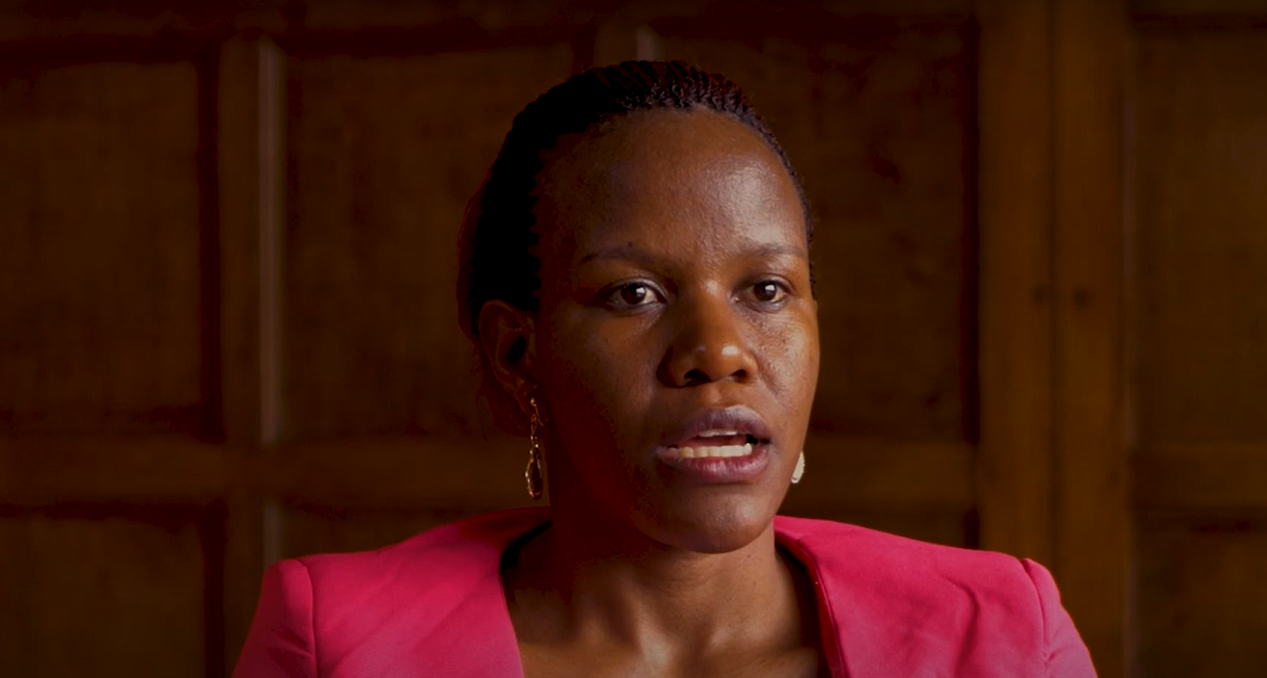Female participation in the economy is a critical yet undervalued resource. As entrepreneurship is a key driver of growth, encouraging women into developing and leading businesses across a range of sectors is vital to restoring the global economy.
Greater participation by women in developing and leading businesses has had a positive impact on job creation and innovation. Understanding how trends differ across countries, regions, sectors and age groups will provide lessons in building a strong policy environment for women-led businesses both in the UK and around the world.
UK priorities include increasing exports and investment, opening doors to new markets and promoting sustainable growth.
Key outcomes and findings:
- Recommendations focused on how to create unrestrictive pathways for women in business, particularly in the context of small and medium-sized enterprises (SMEs) in supply chains. This included how to change perceptions, build the evidence base around women in business, improve access to finance and market information, highlighting success stories and shortfalls of government regulation and legislation, and diversity programmes in large corporations.
- Understanding the narrative of a woman’s journey through the education, employment and enterprise pipeline is critical to identify barriers and opportunities. Entering the subsequent supply chain pipeline women require support and development, with both government and private sector instrumental in driving progress.
- It was recognised that though different contexts and countries face specific barriers, many challenges are common across the global, gender, minorities and business arenas. Whilst framing this discussion within the gender bracket brings women together in a mutually-supportive space, this label defines the conversation in a particular way, which may limit the audience producing recommendations relevant to SMEs in general.
- Increasing visibility and making use of technology and networking are considered to be crucial efforts for WLBs.
- To effectively assess the situation and shortfall in WLBs participating in international supply chains, a larger evidence base is required in order for governments to understand why certain sectors struggle to expand to an international level and what tailored government support is required. More specifically, data around the barriers faced by women initiating start-ups, gaining access to finance and establishing business relationships is in short supply.
- Education and tackling cultural perceptions of gender are also necessary to empower both men and women. Conversations on inclusivity should begin at home to break down gender stereotypes present from an early age and empower the younger generation in an inclusive way. These efforts should extend into schools and the workplace in the form of mentorship.
For more key outcomes, download the conference report.
Further information
Women matter: McKinsey&Company
Social media
Social media engagement is encouraged for this event. Comments might include a summary of what is being said (non-attributable), the direction of the discussion or general impressions of the conference.
For Twitter users, please include @WiltonPark when tweeting and we will retweet your message.
Partners on Twitter: @WEConnection @WEConnectEurope
Suggested hashtags: #weekofwomen #womeninbusiness #empoweringwomen






